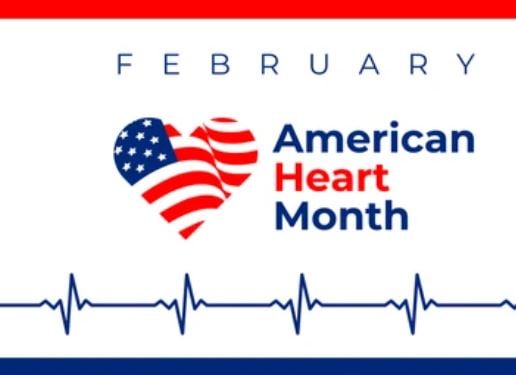Hospice and Heart Failure Communication
By AccentCare
The millions of Americans dealing with congestive heart failure (CHF) often suffer from symptoms that interfere with daily life, such as shortness of breath, fatigue, and weakness. With high-quality home health care such as AccentCare’s RightPath® CHF program, it may be possible to improve these symptoms so that they are able to live more comfortably while managing their condition.
According to the Centers for Disease Control:
- Every year, about 805,000 Americans have a heart attack.
- Almost 700,000 people die from heart disease in the United States each year—that’s 1 out of every 5 deaths.
A number of these deaths are preventable, but many are the result of longstanding, worsening heart disease and chronic heart failure, at which point it may be time to broach the topic of hospice care. This February, it’s important to understand how family members and loved might work with caregivers to help those suffering from late-stage heart failure. The best way to build that understanding is to create an environment open and effective communication.
What patients want: clarity and honesty
Ongoing and direct communication between the patient and their family and the caregivers should be a foundational component of care at all points in the health care journey. Not only is a surprise terminal diagnosis shocking, it’s also detrimental to the patient and their family’s demeanor and wellbeing. The patient and family may be aware and even used to what caregivers consider required and standard care for symptomatic heart failure, but you may not understand when a prognosis tips from chronic into terminal. Working with clinicians and health professionals to create open lines of communication in a hospital, clinic, or office setting – being clear and honest – helps to ease the recognition of the road ahead.
Having the hospice conversation before the time comes.
The path of heart failure is not easy. For patients experiencing heart failure symptoms may be unpredictable, the disease may appear as a steady progression, or there might be sudden interventions required that demand all of your attention. That’s what makes advance care planning and hospice referral difficult with heart failure. It’s also a huge reason why ongoing effective communication between the cardiology team, the patient, and the family is important. It helps ensure that the care you receive is in alignment with your goals and values. Understanding the trajectory of the disease and recognizing the milestones of decline, combined with ongoing meaningful communication with the caregivers about functional ability and quality of life, is paramount. These conversations can happen in a variety of settings including the hospital, the out-patient clinic, and via telemedicine.
While many loved ones – and even caregivers – might feel uncomfortable bringing up hospice care before or even when the patient needs it, it is truly in the best interests of both the patient and your family to familiarize them with the concept before they are at the 6-month prognosis mark. Quality communication allows for a real explanation of the options available to a heart failure patient so they may:
- More fully consider their goals of care
- Dispel myths around what hospice is and what it provides
- Avoid needless crisis situations like re-hospitalizations or emergency room visits
- Allow them to define what living with their disease should look like, instead of being forced to react in the moment
Because patients and families are familiar with what managing chronic heart failure looks like on a daily basis, you may not fully grasp the entire trajectory of the disease or your full options for care. But despite the heart failure patient’s elaborate health care journey, there are a number of milestones that indicate declining heart function severe enough that the discussion must turn from cure to comfort.
Milestones that indicate declining heart function:
- ICD implantation or battery change
- VAD discussion and implantation
- VAD re-hospitalization
- High risk PTCA / CABG / Valve surgery
- Transplant discussion and surgery
- Transplant re-hospitalization
- TAVR / Mitral Clip
- Home inotropic therapy
Patients are considered to be in the terminal end stage of heart disease when they have a life expectancy of six months or less, and doctors make the clinical determination that they have a primary diagnosis of congestive heart failure. However, many patients end up spending the final portions of their journey in the hospital or similar facility.
What Communication Brings
Meaningful and open communication between the patient and their family and the caregivers at this time can have valuable and substantial impact on your lives, allowing patients to receive the benefits of hospice care earlier than many currently do. A knowledgeable and compassionate hospice partner can assist the patient and family, providing needed support both for the management of physical symptoms to the often unmet practical, emotional, and spiritual concerns they have.